Think of someone you admire. It could be a world-changing activist, an artistic genius, or a titan of industry. Such people often seem to exist on a plane above the rest of us, possessing talents and capacities that let them transform reality by sheer force of will.
But no matter what hero you named, I assure you—nay, I guarantee you—that they’ve experienced their own moments of profound self-doubt.
A core component of emotional agility is learning to be clear-sighted when times are tough.
In tough situations, we often get tough on ourselves. Our culture makes no room for “unpleasant” feelings like self-doubt, so we often suffer through these moments alone. We wonder why we feel so incompetent when it seems as though everyone else has their lives under control.
It’s easy to get hooked on feelings of self-doubt, treating our sense of inadequacy as an immutable fact. Other times we ignore our self-doubt and miss the lessons it could teach us about ourselves, our values, and our goals.
In times like this, it’s important to slow down.
Recognize that the self-doubt you’re experiencing is neither an unchangeable truth nor something you should ignore.
Notice what you’re feeling. Then dig a little deeper to try to understand why you’re feeling this way, and where this feeling stems from.
Self-doubt is never an isolated feeling. It is connected to what we value: If we doubt our ability to give an important presentation, it could be because we value being a skilled employee and want to do high-quality work. If we doubt our expertise as a parent, it could be because we value our children’s well being and want to raise them as best we can.
Take the time to clarify the value you’re concerned about living up to.
Our uncomfortable feelings are signposts, leading us in the direction of our values.
If dealt with compassionately and with curiosity, self-doubt can guide you toward a greater clarity of purpose and help you make decisions that fulfill that purpose.
We’re all human. We’re all imperfect. None of us has all the answers. How could we? Even as you examine the reasons for your self-doubt, recognize that it is a completely normal experience. No one feels confident and courageous all the time.
But once you notice your feelings and let them lead you to your values, you’ll find it within yourself to be brave. Don’t let your doubt paralyze you. Remember, courage is not the absence of all fear. As I say in Emotional Agility, courage is taking actions based on your values, even when you’re afraid.
With practice and reflection, our self-compassion can be an antidote to self-doubt. It’s a journey, though. Sometimes it’s hard work to be kind, especially to ourselves.

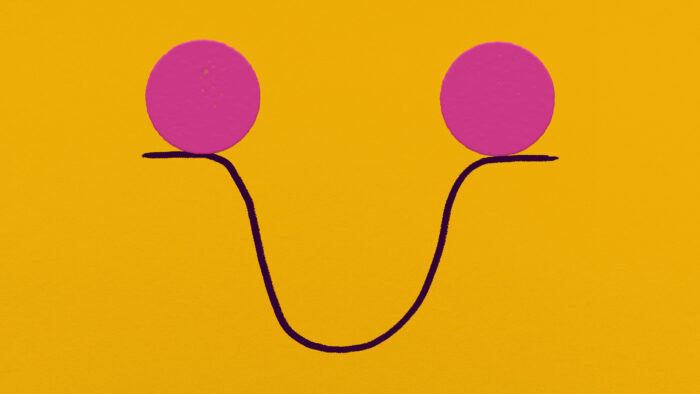
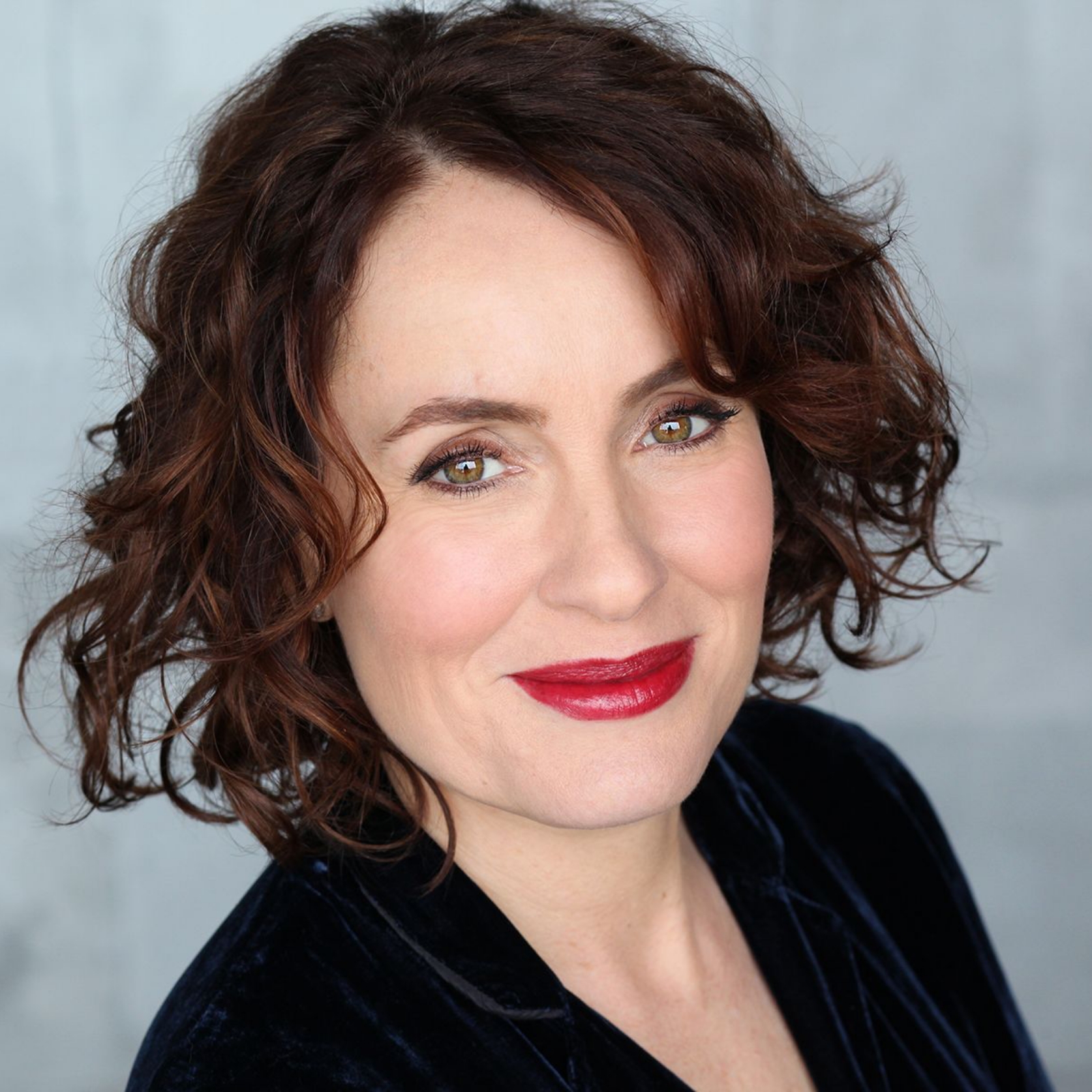
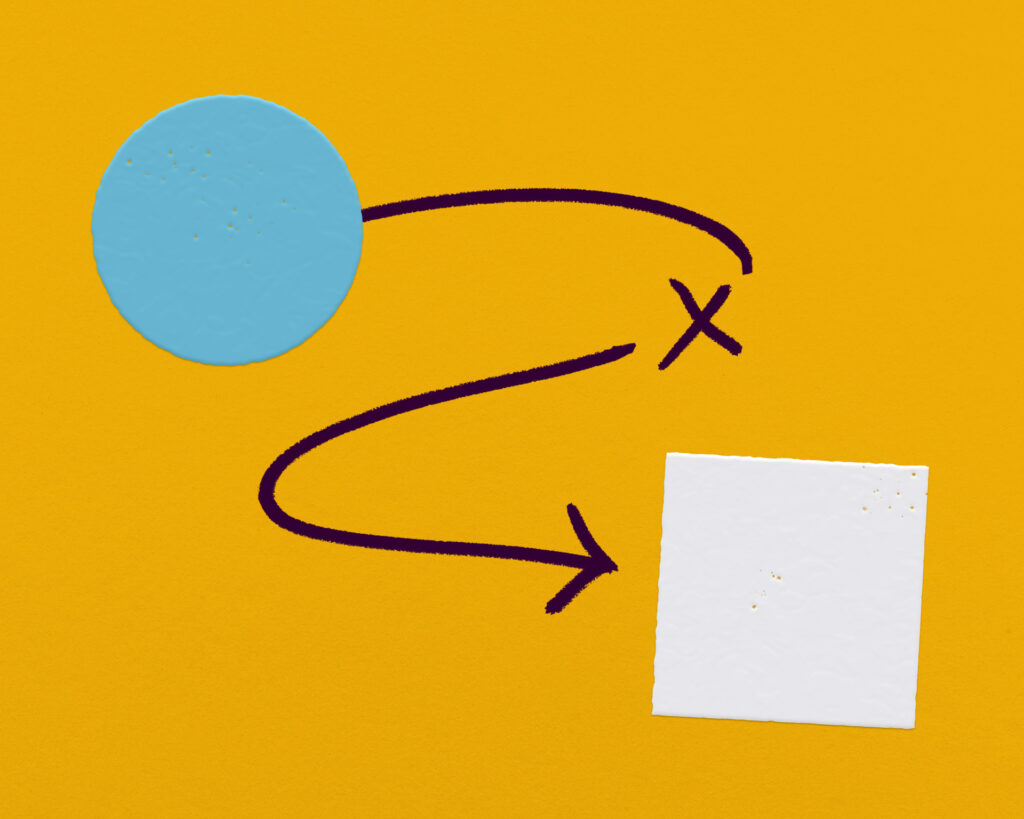
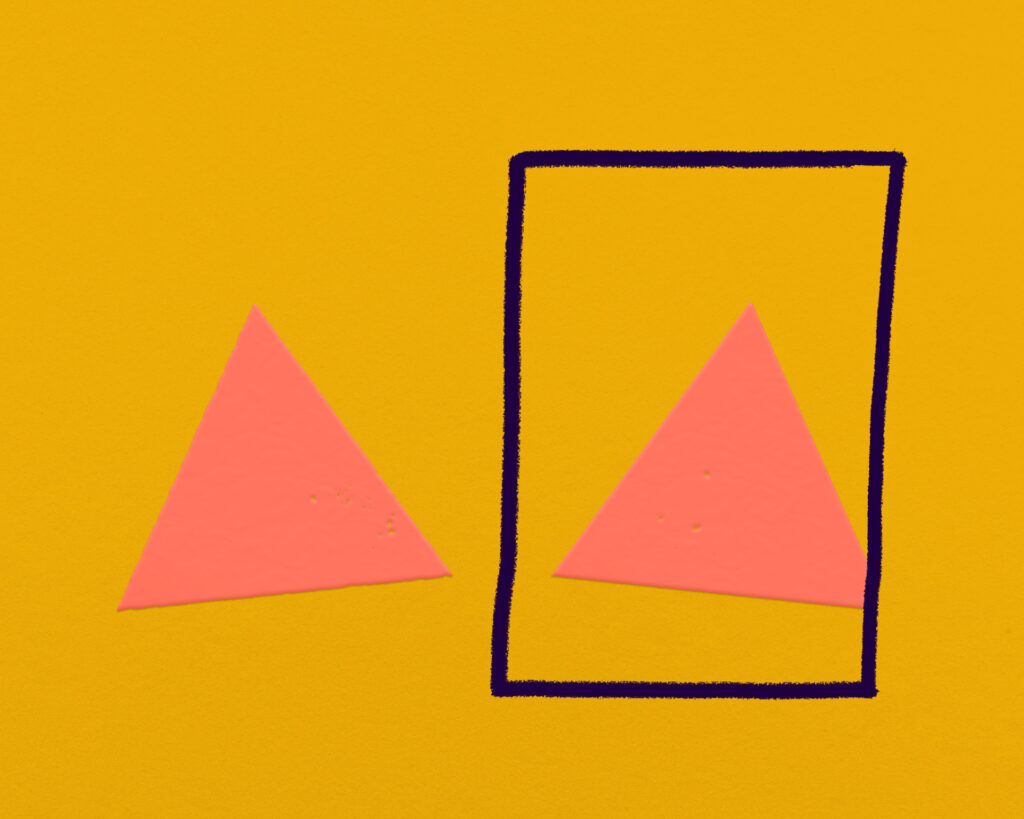
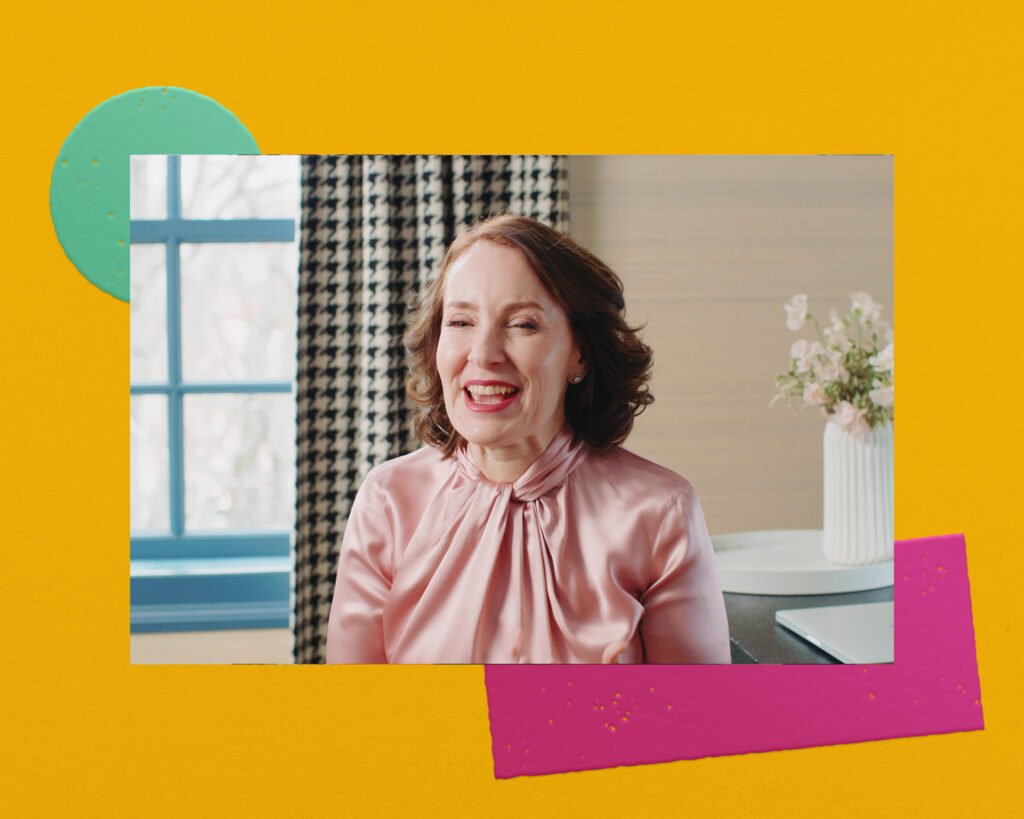
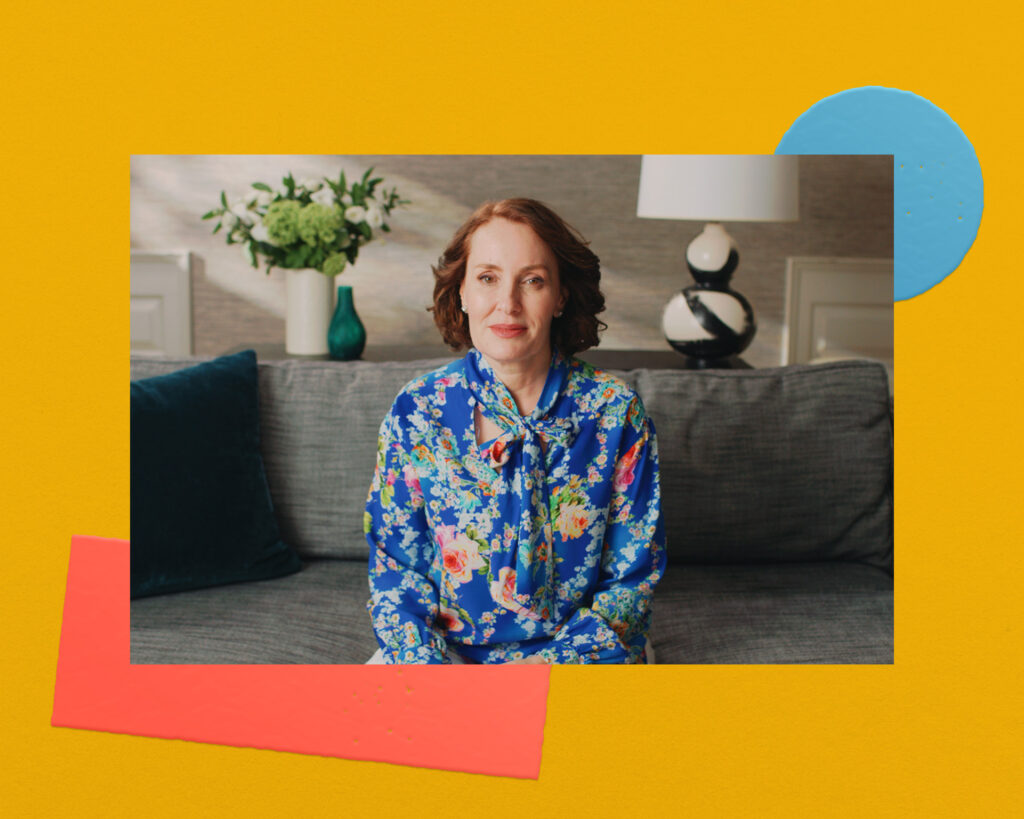
 Take the Quiz
Take the Quiz